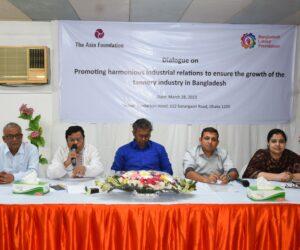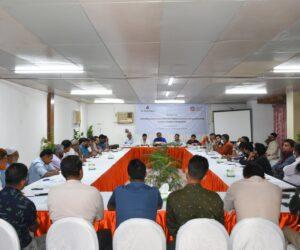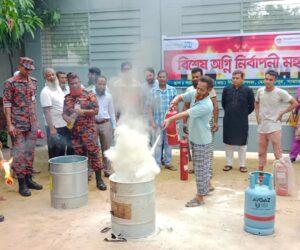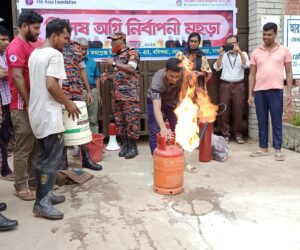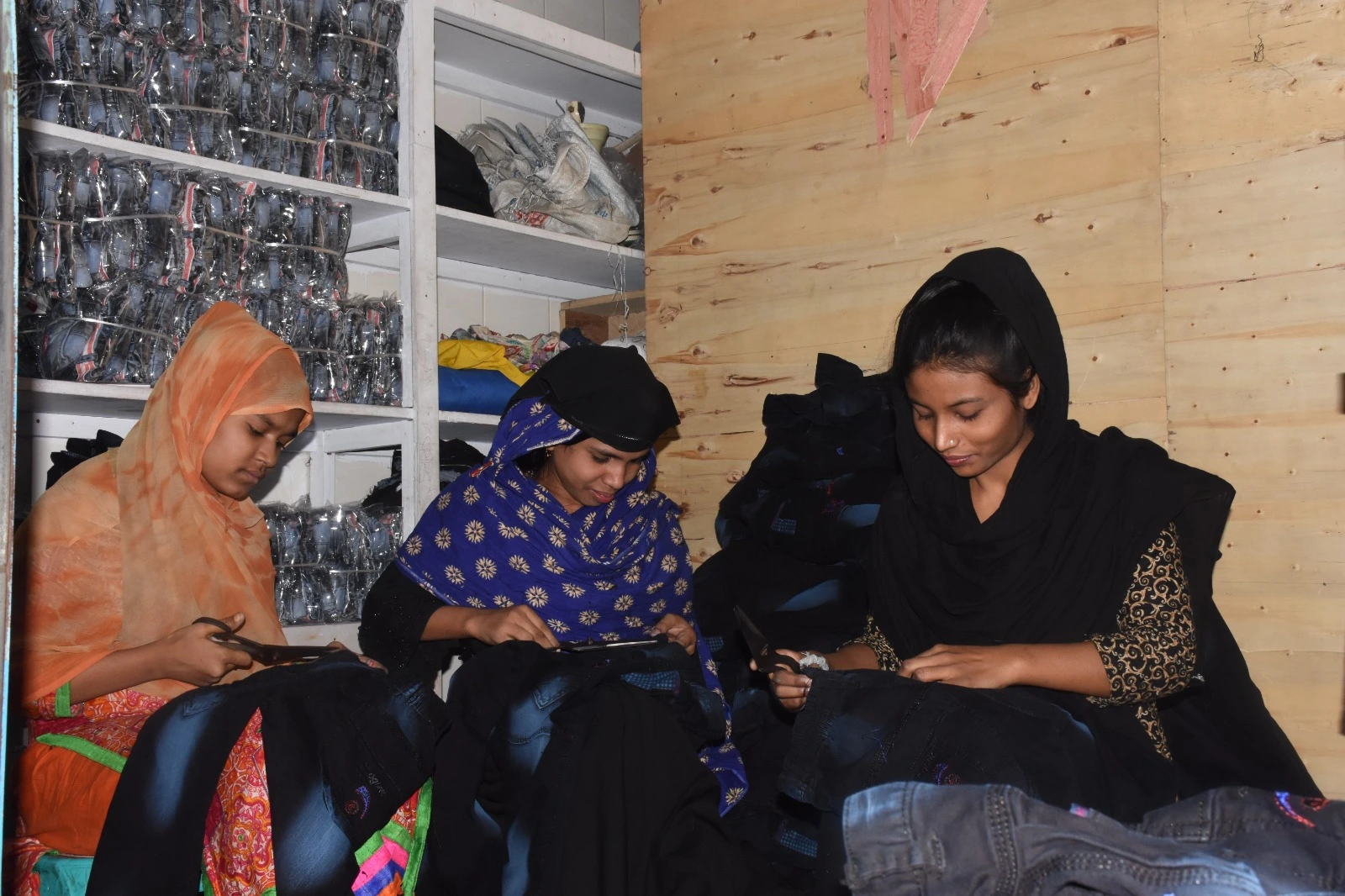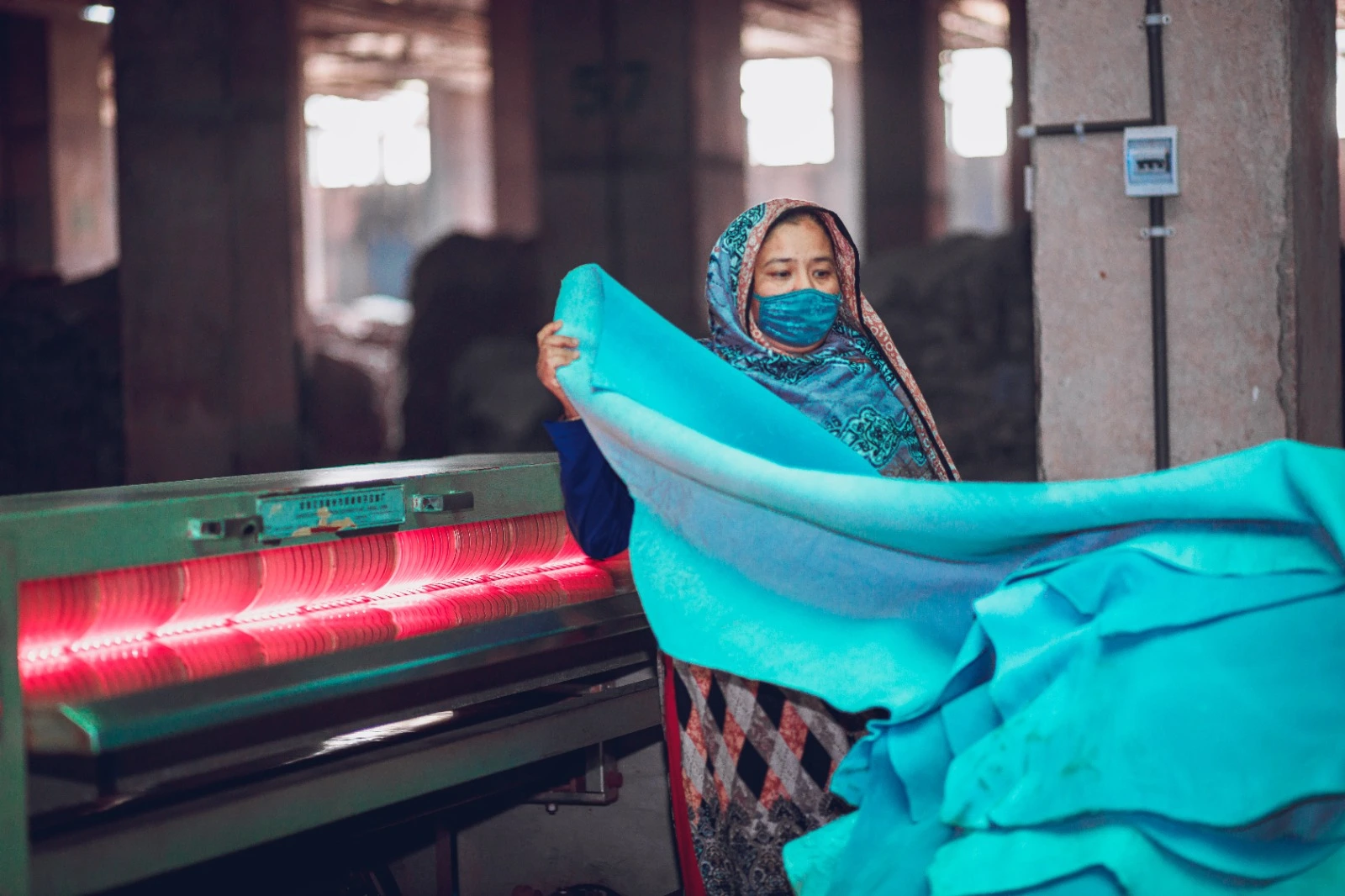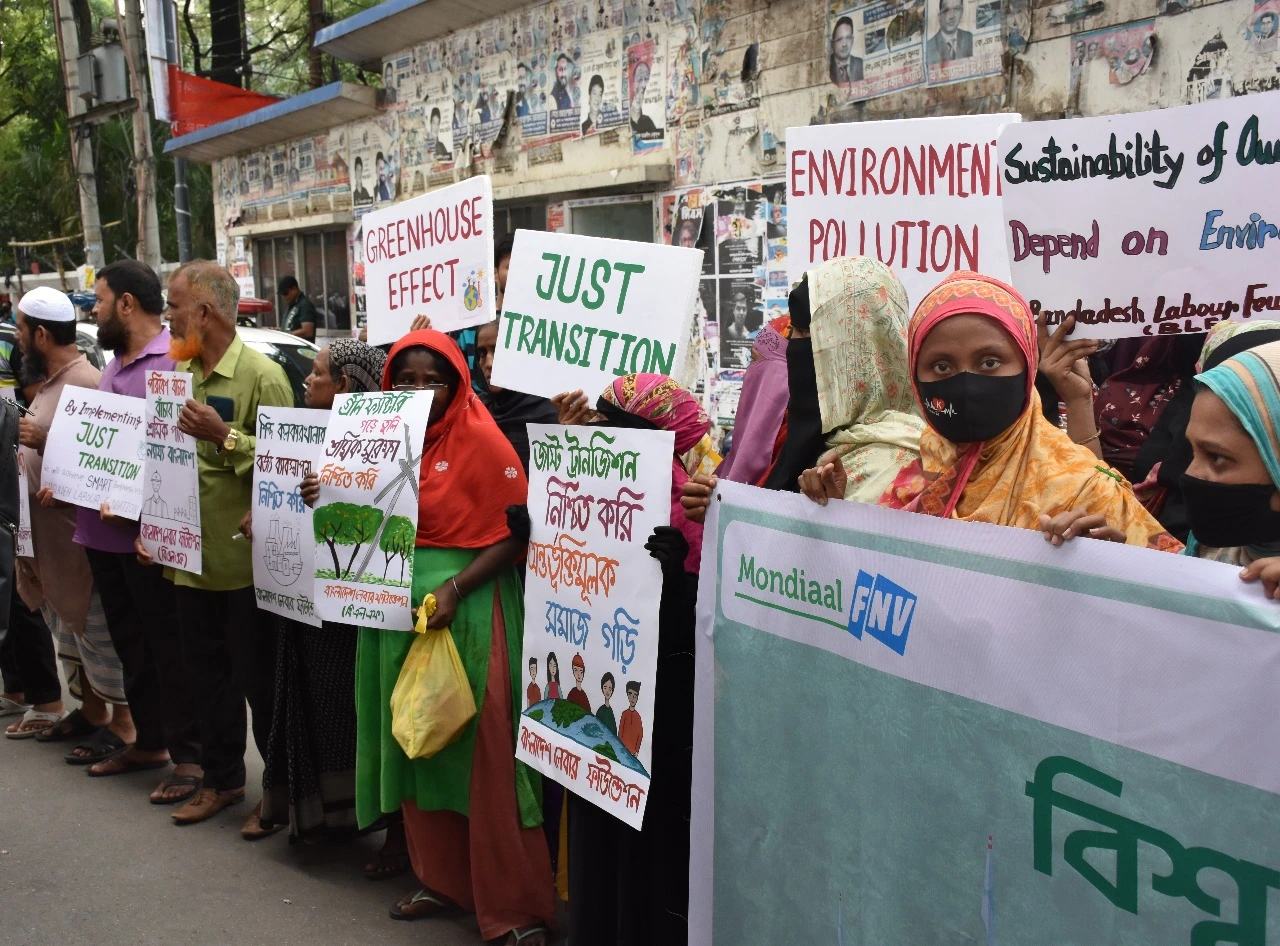Promoting decent work and acceptable working conditions in the tannery sector in Bangladesh
Overview
Leather is one of the 15 identified sectors for generating national income, accounting for more than 3 percent of the country’s exports after the readymade garment sector, which is in the second position in terms of foreign earnings. In 2017, following a High Court order, the tanneries were relocated to Hemayetpur, Savar. However, tannery workers are facing many problems like job insecurity, clashes with employers, poor OSH conditions and practices, health problems due to an indecent working environment, fear of chemical reactions, accidents, etc.
This project followed TAF’s approach to promoting decent work and acceptable working conditions in the tannery sector in Bangladesh. This project focused on bringing together tannery workers, owners, CSOs, community leaders, government, and other stakeholders in an inclusive, productive way. The fundamental aspect of TAF’s strategic approach is to establish a mutual understanding among tannery workers and their employers. Moreover, the Government of Bangladesh recognizes the value of improving OSH and addressing other labour issues to increase productivity, ensuring the sustainability of the industry as a whole. This project intervenes in 48 tanneries out of 137
Objectives
- Increase knowledge, awareness and advocacy skills among workers and tannery supervisors on OSH and labour rights under Bangladeshi law.
- Increase worker engagement to promote inclusive dialogue and reform.
Project Components
Health & safety and Decent work, Capacity Development, Gender-based Violence and Social Dialogue.
Location
Tannery Industrial Estate (TIE), Hemayetpur, Savar, Dhaka
Donor
The Asia Foundation (TAF)
Duration
September 2018 – July 2023
Stakeholders: Tannery workers, TWU, Related NGOs & CSOs, BTA & BFLLFEA, Union Parishad & Upazila Parishad, MoLE & MoI, DoL & DIFE, BSCIC, Upazila Administration (Office of the Upazila Nirbahi Officer, Upazila Social Services office,Upazila Women Affairs Office).
Beneficiaries: Directly, 2000 individuals and indirectly, 1580 individuals benefited from this project. This project took 14 capacity-building initiatives, engaging 384 males and 109 females. Moreover, this project conducted 743 awareness-raising sessions with 3395 participants (84.74% male & 15.26% female).
Key Outcomes: Out of 48 factories, 47 factories provided PPE, 15 factories started maintaining an accident register, 39 factories ensured dustbin facilities, 4 factories tested their water quality, 2 factories installed a complaint box, 9 factories formed the Safety Committee, 11 factories provided separate toilets for male and female, 43 factories installed fire safety equipment, 20 factory owners installed water filters, 22 factories provided first aid boxes and medicines, and 15 factories provided ID cards to their employees.

